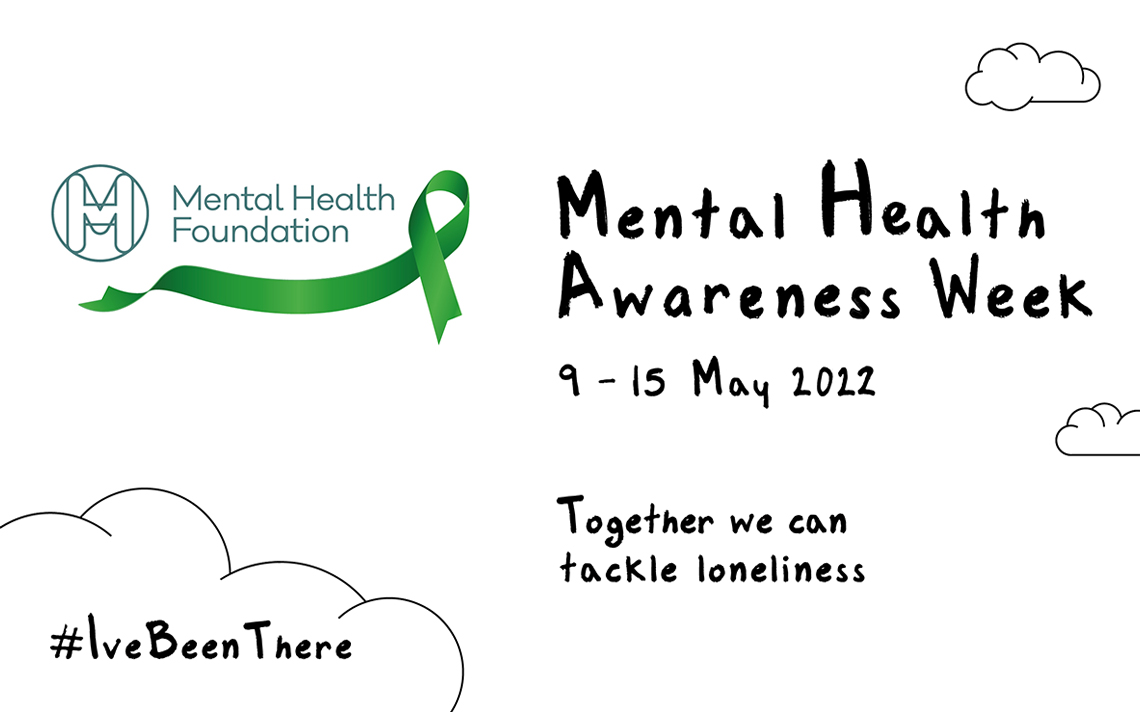
The second a newborn is placed on her mother’s chest, their pituitary gland floods their bloodstream with the hormone oxytocin. The result: the triggering of an instinctual, lifetime craving for love-hormone which can only be satisfied by social interaction.1,2 From that moment onwards, social interaction will play a highly influential role in that child’s development, morbidity, mortality, mental health and even their ability to exhibit prosocial behaviour like empathy.2
But with craving must come cue. Unfortunately, the yin to the yang of the human race’s social drive is a feeling most know – loneliness.
In 2015, Cacioppo et al. stated that despite the popularity of mobile communication and social networks, people are more socially isolated than ever.1 Just five years later, the unprecedented COVID-19 pandemic smacked the globe like a baseball bat. The result? Millions upon millions feeling severed from society, relying on cyber-socialization for the best part of two long years.
In the UK, social contact is no longer confined by legal restrictions. But the loneliness pandemic has long been manifesting. Considering this, and that many of us (including myself) choose to continue to work from home, individuals and their employers must prioritize the avoidance of long-term loneliness for the sake of employees’ long-term wellbeing. As someone who has borne the weight of loneliness pre- and during pandemic, I’ve noted several things that have helped to keep my social tank topped up while not in the office.
I’ll begin with a couple of habits, after all habits are supposedly the secret to sanity! The first is working from the same cafe on a regular basis. When I was living in London and unable to visit my office due to government restrictions, I would routinely visit two cafes that all offered the three most important things: friendly faces, good cake and strong Wi-Fi connection.
This isn’t a case of MCLO (millennial chai latte obsession), I promise. I guarantee that your heart will warm by a few degrees when the barista begins to remember to go heavy on the caramel syrup. You might even get chatty with them or better yet, befriend a fellow loner! Before you know it, you’ll be explaining what MedComms is.
Familiar faces are subconsciously deemed to be friendlier according to the University of California.3 Subliminal socializing? Introverts, rejoice!
On the subject of familiar faces, having webcams switched on is something drastically underrated when it comes to relieving feelings of isolation. Face perception forms the basis for much human social exchange, and from a single glance, individuals can gather information about one another including their identity, emotional state, and direction of attention.4 This visual connection with other humans is key to our mental wellbeing and our sense of contact, virtually or not.
Nowadays most of our communication is via digital channels, involving messages often hurriedly written with occasionally ambiguous tone. When all parties turn their cameras on, emotion can be read through facial expressions and body language. Seeing one another helps to keep uncertainty anxiety at bay. Plus, you’ll make sure to look presentable, concomitantly eliminating the risk of your manager catching you in your tartan jammies.
Employers can not only encourage these habits in their employees, but they can offer several other loneliness-busting activities such as social events and regular mental health questionnaires. The AS&K Social Team has done a stellar job setting up numerous activity clubs, encouraging interaction outside of work meetings and client calls.
Additionally, social acceptance inarguably helps to curb feelings of alienation, so it’s important to generate an inclusive culture where people feel comfortable being themselves.
On the note of pleasant environments, it’s imperative that employers create a company culture in which talking about mental health is actively encouraged. Together we can alleviate the stigma that has been associated with mental health for too long, and I’m proud to be employed by a company whose Mental Health Team is inundated with requests to join.
Admitting loneliness continues to conjure feelings of embarrassment, but this year’s Mental Health Awareness Week is focused on changing this by raising awareness of the impact of loneliness on our mental wellbeing, as well as the practical steps we can take to address it. Try to remember that feeling isolated does not necessarily mean you are actually alone. And not everyone has a bursting-at-the-seams social calendar!
As my Mam says, when it comes to friends, look for quality not quantity.
References